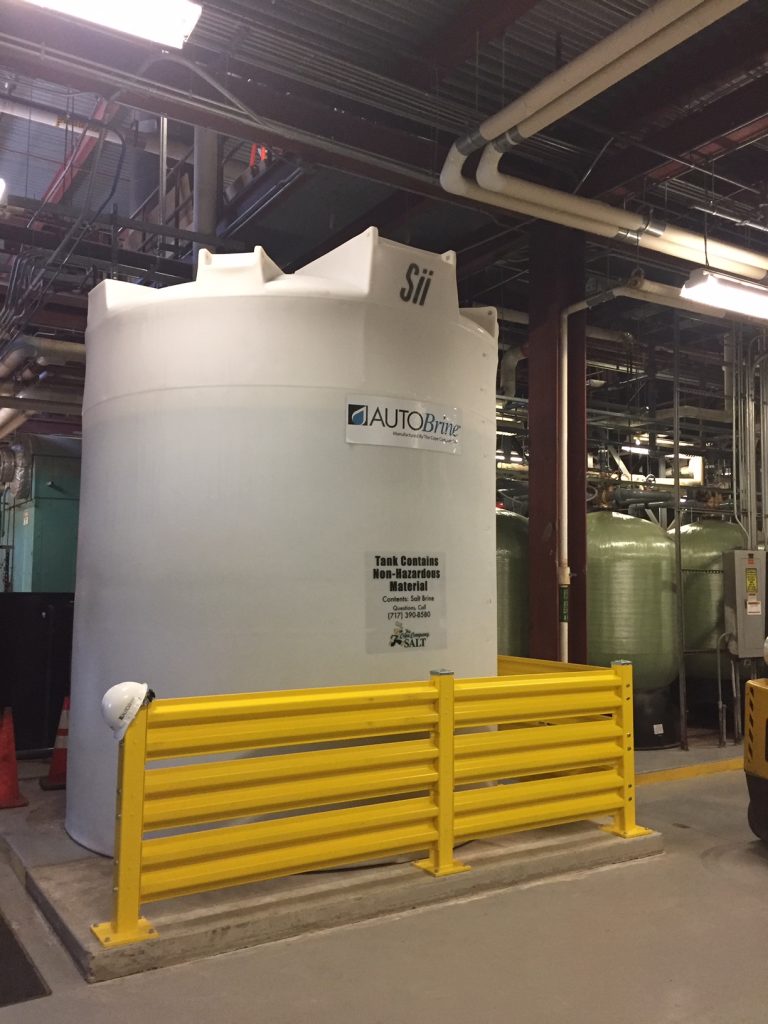Adding an automatic brine system, like AUTOBrine for water treatment is crucial for the smooth functioning of a building’s mechanics. Water treatment plays a vital role in maintaining the efficiency and longevity of various mechanical systems within a building. In this article, we will explore the importance of an automatic brine maker in water treatment and how it benefits the building’s mechanics.
Water treatment involves the removal of impurities and contaminants from water to make it safe for consumption and use. It is especially important in buildings where water is used for various purposes, such as cooling systems, boilers, and other mechanical equipment. One of the key components of water treatment is the use of brine, a solution of salt and water, which helps in the regeneration of ion exchange resins.
An automatic brine maker simplifies the process of brine production and ensures a consistent supply of brine for water treatment. Here are some reasons why adding an automatic brine maker is important for a building’s mechanics:
1. Efficiency: An automatic brine maker eliminates the need for manual brine production, saving time and effort. It ensures a continuous supply of brine, allowing the water treatment system to operate at optimal efficiency. This, in turn, enhances the performance of mechanical systems that rely on treated water.
2. Consistency: The automatic brine maker ensures the production of brine with consistent salt concentration. This consistency is crucial for the effective regeneration of ion exchange resins, which are used in water softening and other water treatment processes. Consistent brine quality leads to better water treatment results and reduces the risk of equipment damage or malfunction.
3. Cost-effectiveness: By automating the brine production process, an automatic brine maker helps reduce labor costs associated with manual brine production. It also minimizes the risk of human error, which can lead to inefficient water treatment and increased maintenance costs for mechanical systems. Additionally, the consistent supply of brine ensures optimal performance, reducing the need for frequent repairs or replacements.
4. Maintenance: An automatic brine maker often comes with built-in monitoring and control systems, allowing for easy maintenance and troubleshooting. It can provide alerts for low salt levels or other issues, enabling timely intervention and preventing potential damage to mechanical systems. Regular maintenance and monitoring of the brine maker ensure its longevity and reliable operation.
In conclusion, adding an automatic brine maker for water treatment is essential for the smooth functioning of a building’s mechanics. It improves efficiency, ensures consistency in brine production, reduces costs, and simplifies maintenance. By investing in an automatic
